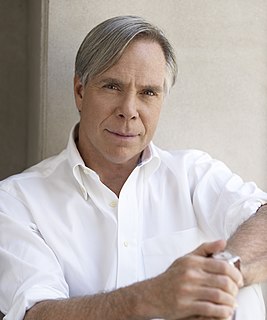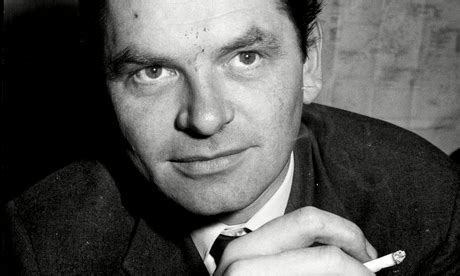A Quote by Wendell Pierce
People forget that art is not just a piece of entertainment. It is the place where we collectively declare our values and then act on them. That's one of the most powerful things we have as a community: our culture and our art. And it's the intersection between life and how people deal with life. It's the most important thing we do.
Related Quotes
Perhaps the most significant thing a person can know about himself is to understand his own system of values. Almost every thing we do is a reflection of our own personal value system. What do we mean by values? Our values are what we want out of life. No one is born with a set of values. Except for our basic physiological needs such as air, water, and food, most of our values are acquired after birth.
In the art of teaching, we recognize that ideas and insights need to cook over a period of time.
Sometimes the student who is least articulate about expressing the ideas is in fact the one who is absorbing
and processing them most deeply. This applies as well to our own private learning of our art form; the
areas in which we feel most stuck and most incompetent may be our richest gold mine of developing
material. The use of silence in teaching then becomes very powerful.
I suspect that the most basic and powerful way to connect to another person is to listen. Just listen. Perhaps the most important thing we ever give each other is our attention And especially if it's given from the heart. When people are talking, there's no need to do anything but receive them. Just take them in. Listen to what they're saying. Care about it. Most times caring about it is even more important than understanding it. Most of us don't value ourselves or our love enough to know this.
Our intellect is not the most subtle, the most powerful, the most appropriate, instrument for revealing the truth. It is life that, little by little, example by example, permits us to see that what is most important to our heart, or to our mind, is learned not by reasoning but through other agencies. Then it is that the intellect, observing their superiority, abdicates its control to them upon reasoned grounds and agrees to become their collaborator and lackey.
There is a close relationship between a house full of possessions and a heart full of desires, between a cluttered closet and a crowded schedule, between having no place to put possessions and having no priorities for our life. These are precious clues. They remind us to slow down, to live in the present, to reduce the desires that drain our vitality, to clarify priorities so we can give our time and attention to what matters most. Tragically, in the press of modern life, we have managed to get backwards one of life's most vital truths: people are to be loved; things are to be used.
People act like art is a white thing - or not for people of colour - when, really, so much culture and art comes from people of colour. I want everyone to get into what I am doing. So sometimes I don't like to work just in an art context because it feels like a lot of people aren't going to see it. I like it to be a part of everyday life.
Maybe Japan itself is a little similar in that a lot of young people seem to have a little knowledge but not too much depth. I guess my perception of the art specialists in America or in Europe is that the art people are kind of mainly just the art people and that community is self-contained. But in Japan, it mixes with fashion and other things. I'm sure that many authentic art dealers or insiders didn't like the way that we presented our show in this very pop-y, accessible manner - just showing parts of our collections and selling prints and collaborative products.
Many people seem to think that art is a luxury to be imported and tacked on to life. Art springs out of the very stuff that life is made of. Most of our young authors start to write a story and make a few observations from nature to add local color. The results are invariably false and hollow. Art must spring out of the fullness and richness of life.
Art that means anything in the life of a community must bear some relation to current interpretations of the mystery of the universe. Our rigid separation of the humanities and the sciences has temporarily left our art stranded or stammering and incoherent. Both art and science ought to be blended in our early education of our children's emotions and powers of observation, and that harmony carried forward in later education.
The most important fact about our shopping malls, as distinct from the ordinary shopping centers where we go for our groceries, is that we do not need most of what they sell, not even for our pleasure or entertainment, not really even for a sensation of luxury. Little in them is essential to our survival, our work, or our play, and the same is true of the boutiques that multiply on our streets.



































